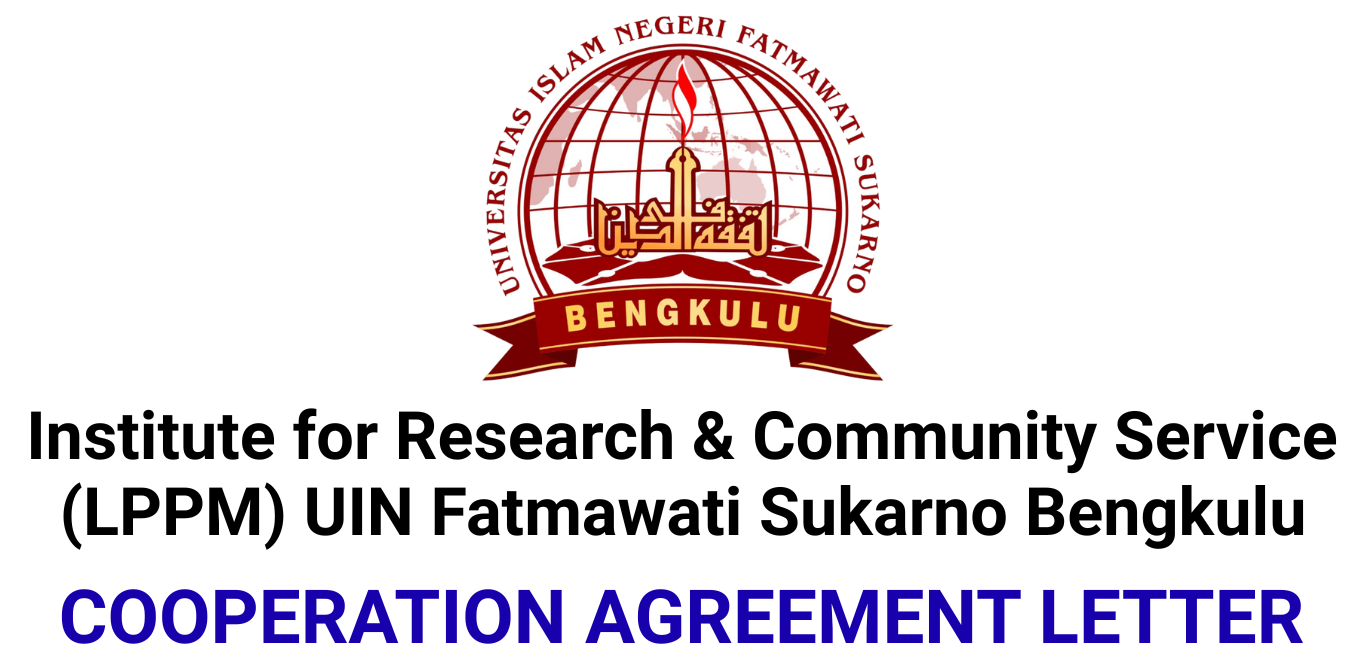The Effectiveness of Gamification on Academic Achievement in Biology Among Senior Secondary Students
DOI:
https://doi.org/10.64420/ijitl.v2i2.355Keywords:
Gamification, Improving Academic Achievement, Biology, Senior Secondary StudentsAbstract
Background: This study examines the effectiveness of gamification in improving biology achievement among senior secondary students in Delta State, Nigeria, where context-specific evidence is still limited. Objective: To evaluate the impact of gamification on academic performance, motivation, engagement, and knowledge retention. Method: A quasi-experimental design involved 80 students from four schools, divided into an experimental group (n=40) receiving gamified biology lessons and a control group (n=40) taught with traditional methods; data were collected via pre- and post-tests, motivation and engagement questionnaires, a delayed retention test administered several weeks after the intervention, and observational checklists. Result: The experimental group significantly outperformed the control group on the post-test and showed higher motivation, engagement, and retention of biological concepts. Conclusion: Gamification effectively enhances this level's learning experiences and academic outcomes in biology. Contribution: The study provides context-specific evidence from Delta State that supports integrating high-tech and low-tech gamification into the curriculum alongside teacher training, particularly in resource-limited settings.
References
Akulue, N., Obi, Z., & Ohamobi, I. (2025). Teachers’ classroom management strategies as predictors of students’ academic engagement in public secondary schools in Anambra State. International Nexus Multidisciplinary Research Journal, 1(2), 138–147. https://www.seahipublications.org/wp-content/uploads/2025/04/IJIER-J-36-2025.pdf
Almarashdeh, I., Khlaif, Z., & Alshami, S. (2018). Investigating the effect of gamification on students’ engagement in an e-learning environment. International Journal of Emerging Technologies in Learning (iJET), 13(6), 95–107.
Anderson, C. A., & Rourke, K. (2015). Gamification in education: What, how, why bother? Academic Exchange Quarterly, 19(2), 47–54. https://www.researchgate.net/publication/258697764
Caponetto, I., Pellegrini, G., & Mancini, M. (2018). A gamification-based approach to teaching biology. Journal of Educational Technology & Society, 21(4), 12–24.
Deci, E. L., Olafsen, A. H., & Ryan, R. M. (2017). Self-determination theory in work organizations: The state of a science. Annual review of organizational psychology and organizational behavior, 4, 19-43. https://www.annualreviews.org/content/journals/10.1146/annurev-orgpsych-032516-113108
Deterding, S., Dixon, D., Khaled, R., & Nacke, L. (2011). From game design elements to gamefulness: Defining "gamification". Proceedings of the 2011 annual conference extended abstracts on Human factors in computing systems, 2425–2428. https://doi.org/10.1145/1979742.1979575
Eagle, D., Curtis, L., & Sharpe, R. (2016). The role of gamification in biology education in Nigeria. Journal of Educational Technology Development and Exchange, 9(2), 52–65.
Gao, X., Chen, W., & Wu, H. (2019). The impact of gamification on students’ understanding of biology: An experimental study. Science Education Review, 13(4), 22–35.
Huang, W. H., & Soman, D. (2013). Play to learn: The role of games in education. Learning and Teaching in Higher Education, 1(1), 26–35.
Manafa, I. F., Ohamobi, I. N., & Okafor, P. C. (2024). Communication and information systems in education. In M. Fabunmi, R. S. Bosu, A. Adebayo, E. Akiror, & E. Erwat (Eds.), Proceedings of the International Conference on Education and Digital Inclusion.
Nwosu, E. B., & Ohamobi, I. N. (2025). School plant and teachers’ competencies as predictors of principals’ job performance in public secondary schools in Anambra State. International Journal of Education Research and Scientific Development, 5(3), 20–20. https://ijresd.net/index.php/IJRESD/article/download/87/53
Obi, Z., & Ohamobi, I. (2025). Classroom management practices as predictors of students’ academic performance in public secondary schools in Anambra State. Nnadiebube Journal of Education in Africa, 10(2). https://acjol.org/index.php/njea/article/view/6607
Ohamobi, I., & Okeke, P. N. (2025). In-service training as a correlate of teachers’ job commitment in public secondary schools in Anambra State. International Academic Research Journal of Education and Digital Inclusion, 1(2). https://journals.classicmultilinks.com/index.php/inclusion/article/view/30
Okaforcha, C., Ohamobi, I., & Onyinye, E. (2024). Principals’ management practices as correlates of teachers’ job commitment in public secondary schools in Anambra State. International Journal of Innovation Social and Science Education, 12(4), 217–225.
Oraegbunam, I., Zita, C., & Ohamobi, I. (2025). TETFund intervention on provision of school facilities and equipment as predictors of administrative effectiveness of federal universities in South-East, Nigeria. International Journal of Innovative Education Research, 13(1), 407–416. https://www.seahipublications.org/wp-content/uploads/2025/01/IJIER-M-45-2025.pdf
Osegbue, G. C., & Ohamobi, I. N. (2025). Availability and utilization of artificial intelligence tools for enhancing teachers’ service delivery in public secondary schools in Anambra State. Multi-Disciplinary Research and Development Journals International, 7(1), 81–91.
Osegbue, G. C., Ohamobi, I. N., & Alordiah, O. S. (2025). The principal's role in fostering a culture of excellence in secondary schools: A theoretical perspective with a focus on developing countries. Nigerian Journal of Social Psychology, 8(1). https://www.nigerianjsp.com/index.php/NJSP/article/view/212
Surendeleg, G., Ko, E., & Ahrari, S. (2017). Impact of gamification on students' performance in science subjects: A systematic review. Educational Research Review, 15, 77–89. https://doi.org/10.1016/j.edurev.2017.07.003
Xu, B., Cheng, X., & Xie, Y. (2020). The impact of gamification on student learning: A review. Education and Information Technologies, 25(2), 991–1015. https://doi.org/10.1007/s10639-019-1033-4
Downloads
Published
How to Cite
Issue
Section
License
Copyright (c) 2025 Josephine Ese Konyeme, Rita Ewere Chukwuka

This work is licensed under a Creative Commons Attribution-ShareAlike 4.0 International License.
Authors who publish with this journal agree to the following terms: (1) Authors retain copyright and grant the journal right of first publication with the work simultaneously licensed under a Creative Commons Attribution-ShareAlike 4.0 International. that allows others to share the work with an acknowledgement of the work's authorship and initial publication in this journal; (2) Authors are able to enter into separate, additional contractual arrangements for the non-exclusive distribution of the journal's published version of the work (e.g., post it to an institutional repository or publish it in a book), with an acknowledgement of its initial publication in this journal; (3) Authors are permitted and encouraged to post their work online (e.g., in institutional repositories or on their website) prior to and during the submission process, as it can lead to productive exchanges, as well as earlier and greater citation of published work.







